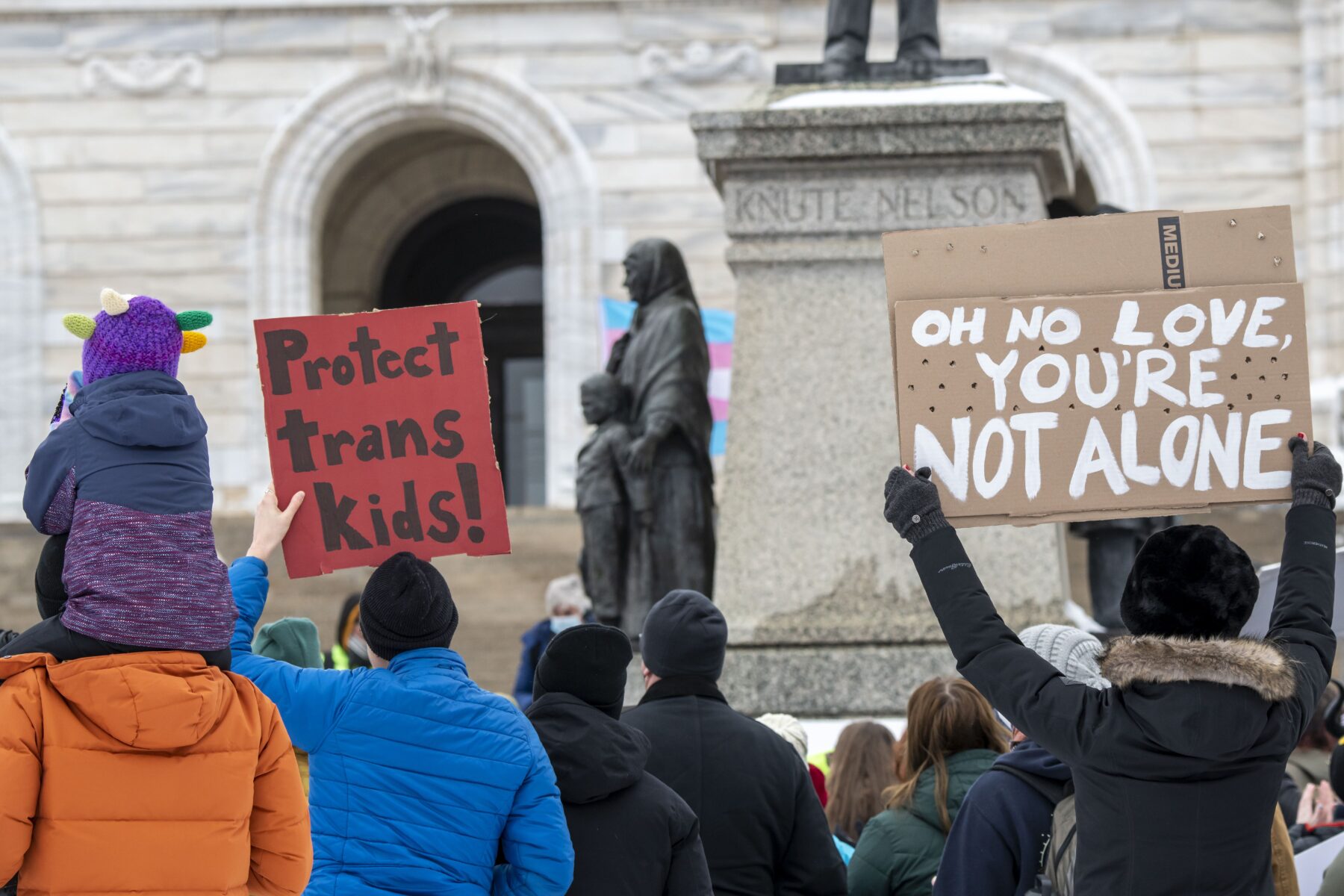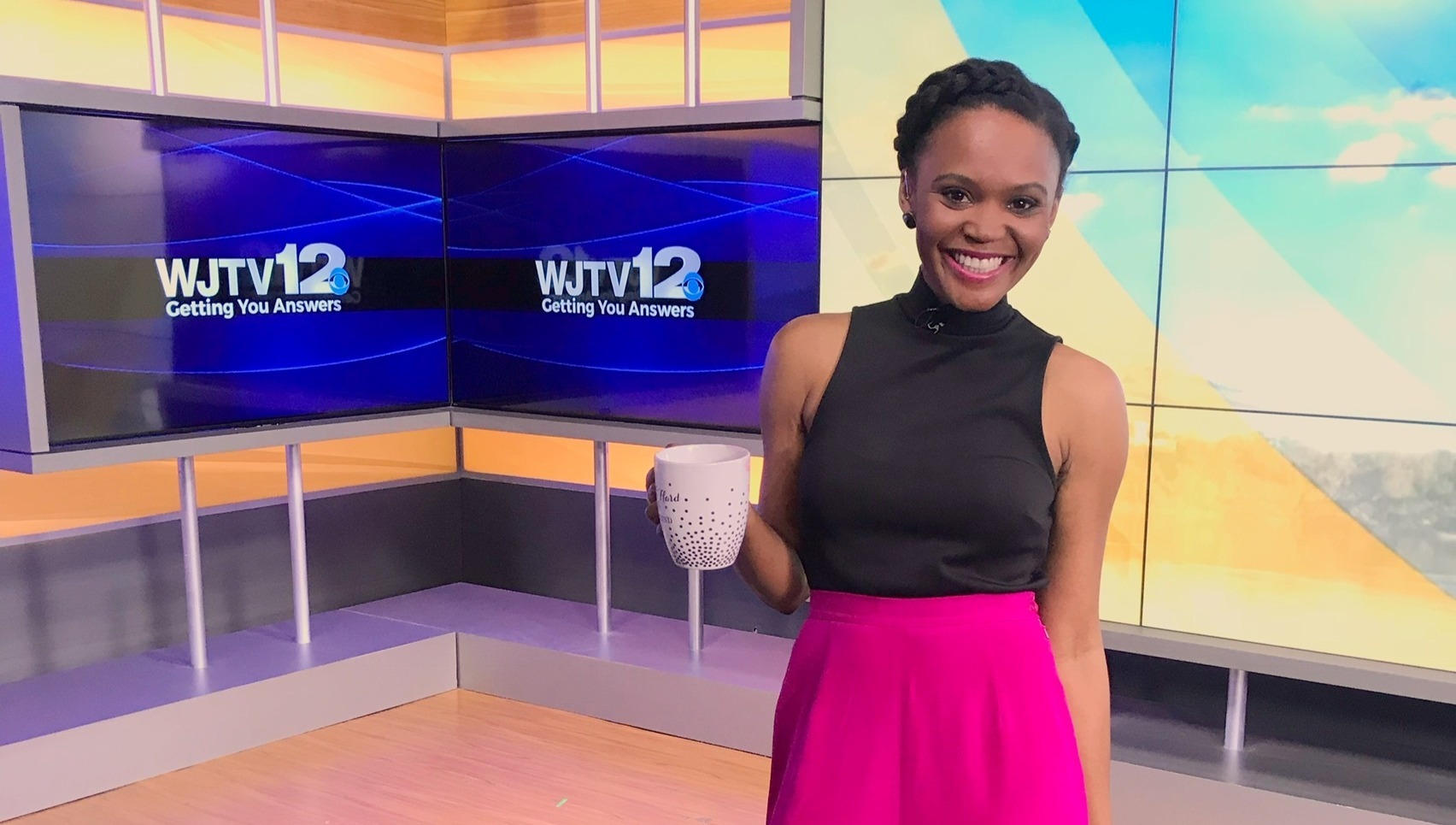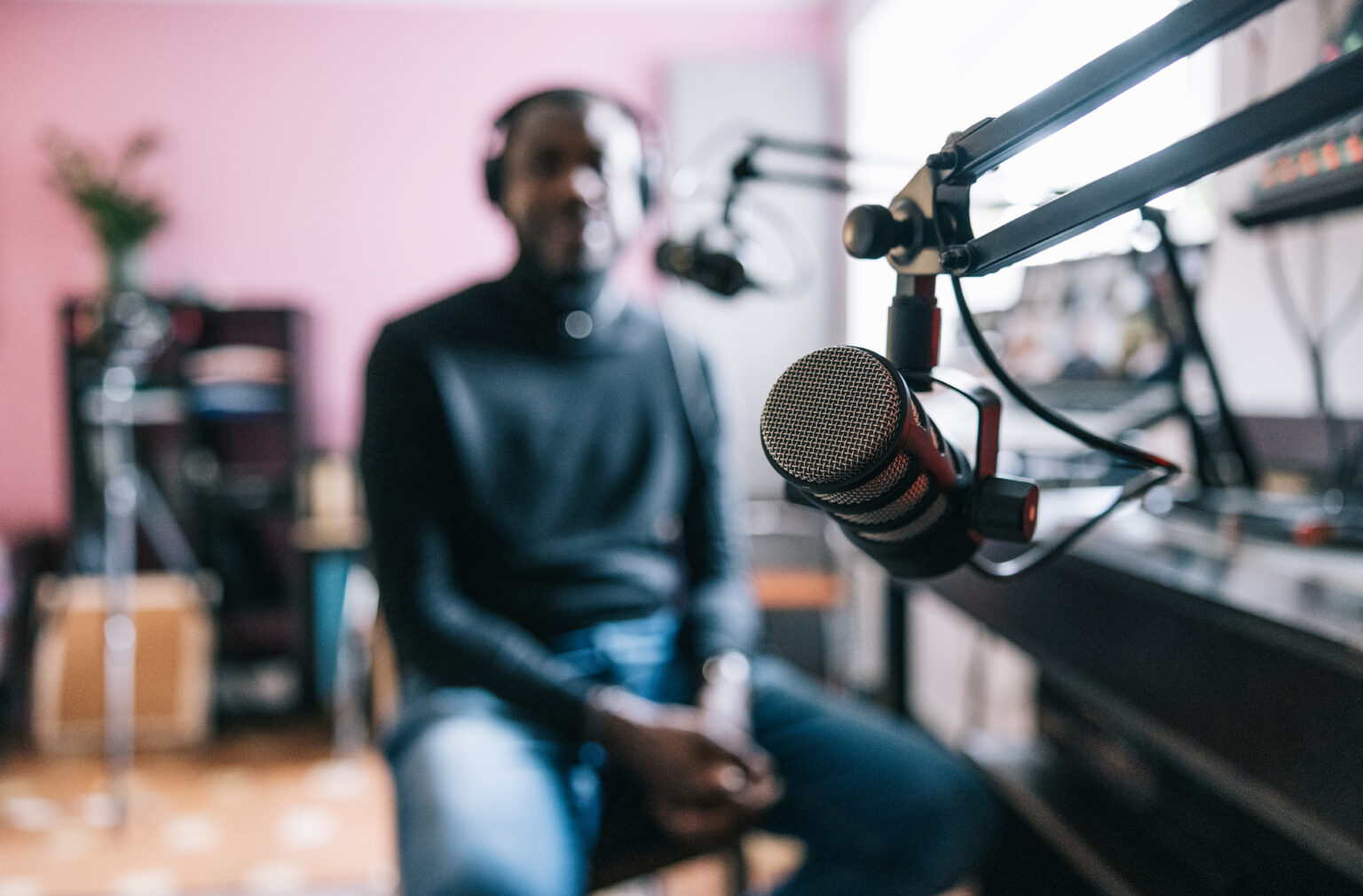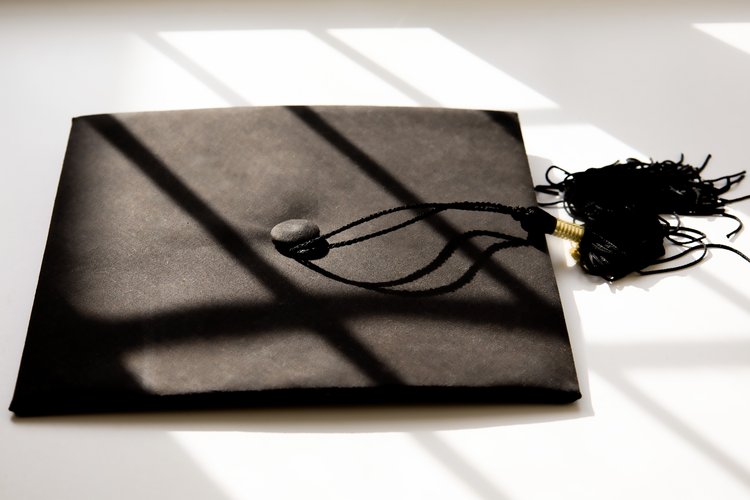1. How Journalists Can Responsibly Report on Trans Kids

Trans kids have their own lives, thoughts and dreams beyond their gender identity. Journalism should reflect that humanity, not debate it.
“It’s not a culture war to me; it’s my son’s life,” said Lauren Rodriguez, the mother of a 19-year-old trans man and a long-time advocate for the rights of trans kids in the Texas legislature. “It’s like you’re arguing against my son’s existence.”
2. Not All TV Journalists Can Wear Natural Hair

Before Brittany Noble was fired as a news anchor in Mississippi, she was told by her boss that wearing natural Black hair on TV was “unprofessional.” More than five years after Noble was fired, Mississippi still does not have a law against hair discrimination.
Many professional Black women have felt pressure not to go natural. In a 2019 survey by Unilever’s Dove soap, 80% of participants said they had changed their hair from its natural state to fit in at the office.
3. Why Black Southern Accents Are Missing From Broadcast News

Black on-air journalists are often told, in overt and coded ways, that they sound different. While media leaders may say they want diverse “voices” in the newsroom, that diversity doesn’t necessarily extend to actual voices speaking in different dialects.
Broadcast jobs “want you to sound like Walter Cronkite, but in a Black female body,” said a veteran news anchor in a Northeastern market who spoke on condition of anonymity out of concerns about workplace retaliation. After decades in the business, she hired a speech coach — at her own expense — so she can move to a bigger, better job.
4. Universities Have Been Getting Away With This ‘Abusive’ Practice For Years. Is It About to End?

About 6.6 million students have “stranded credits” over financial holds, hurting their job prospects and academic futures. Stranded credits disproportionately impact lower-income students, minorities and those who attend community college. All of these groups are more unlikely to be able to clear their debt burdens.
Alexzia Shobe, a 25-year-old Black journalist, was surprised when her transcripts were withheld when she tried to transfer schools. “I had faith that due to receiving a scholarship and having been a great student, they may have offered me more financial aid or alternative repayment options,” she said. “But I had no such luck. It’s been heartbreaking.”
5. The Unstable Future of Feminist Media

Feminist blogs are folding. While women’s magazines are still around and thriving, many of them lack feminist content and are essentially catalogs of fashion and beauty ads.
Frankie de la Cretaz, a former Bitch Media contributor, said the closing of feminist publications means “so much nuance and so many observations held by people with marginalized identities doesn’t make it into the world or isn’t given a platform.”


